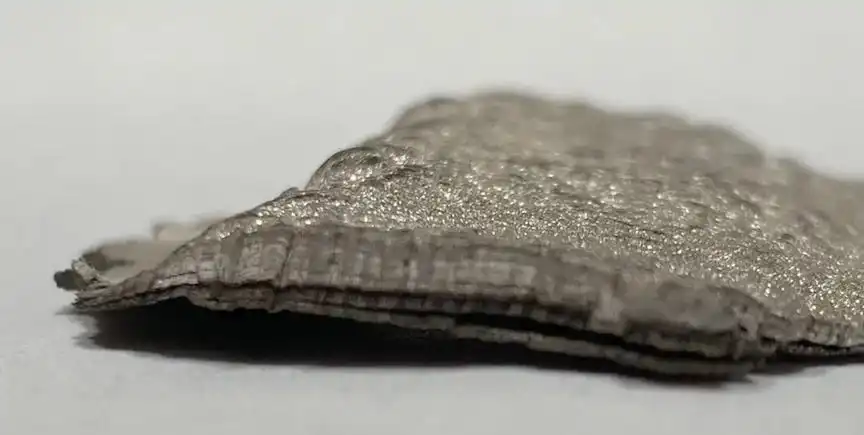- cross-posted to:
- jingszo
- cross-posted to:
- jingszo
The true origins of the metallic specimen were debated for decades. Eventually, Blink-182 frontman and UFO enthusiast Tom DeLonge’s To the Stars Academy got a hold of it. The organization independently researches possible alien phenomena, and the sample had an apparently unprecedented material structure that could indicate an extraterrestrial technosignature. Then, the All-Domain Anomaly Resolution Office (AARO), which investigates unidentified anomalous phenomena (UAP) for the U.S. government, took over the investigation to learn more about the object’s physical and chemical properties that made it potentially capable of inertial mass reduction—levitation.
…
Analysis showed that the isotopic signatures of magnesium and lead indicated a terrestrial origin. The magnesium’s isotopic signature had undergone some fractionation, or separation of lighter and heavier isotopes, probably due to stress from heat and physical or chemical manufacturing processes. However, it was still within the normal range for magnesium that forms on Earth, not an alien biosignature.
Strengthening the case for a local origin, the magnesium in this sample also showed a proportion of isotopes that occurs only in our solar system. Scientists know this because the isotopic signature of magnesium originally comes from a particular star-forming region and so is unique to each star system. Magnesium is an extremely common element in the universe, produced in great amounts by larger, older stars that scatter it into space when they die and go supernova. It is often recycled by young star systems, where it forms a unique isotopic signature, depending on the conditions.
Moving on, the lead in the object also matched the isotopic signatures for lead that originates on Earth. These signatures are so distinct that there is no way they could have come from any other body—even the moon.
With no alien biosignatures present in the sample, the ORNL scientists turned their attention to technosignatures. Scanning transmission electron microscopy revealed that the crystalline structure of the magnesium was similar to the magnesium in alloys manufactured on Earth. With that confirmed, they tried to determine if the sample could have been part of a terahertz waveguide.
…
To qualify as a piece of alien technology, the sample would need to have a single layer of pure bismuth between layers of the magnesium alloy. This is because unadulterated bismuth can guide energy just like the magnetron in your microwave. Unlike anything in your microwave, bismuth is capable of directing terahertz waves. The problem is that the bismuth in this sample is neither pure nor in a single layer. There are multiple layers of bismuth between the magnesium layers, and the bismuth itself contains lead, both of which would disrupt its functioning as a waveguide.
…
“ORNL has a high level of confidence that all data indicate the material was manufactured terrestrially—albeit using an uncommon mixture of elements by today’s standards—and then incurred damage caused by mechanical and heat stressors,” according to the report.



Tldr: no, it’s not alien.